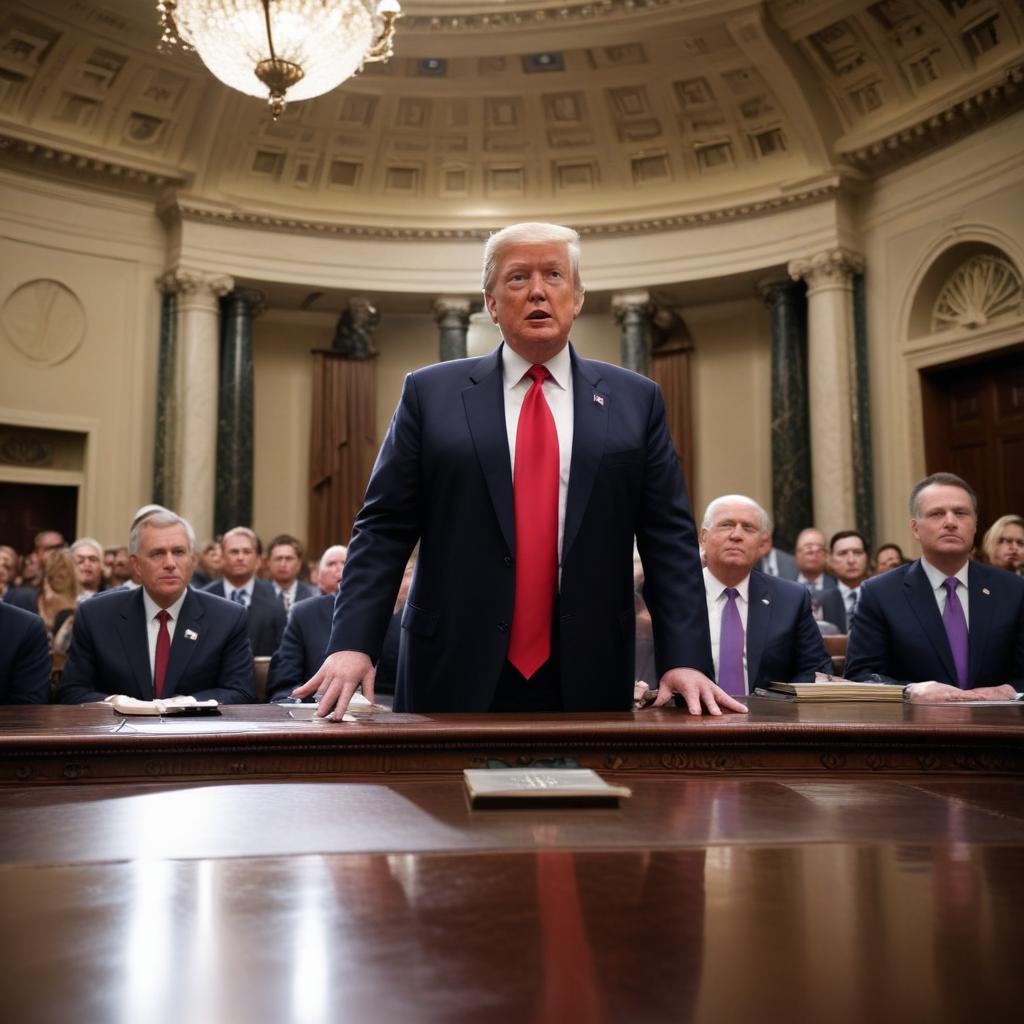House Republicans unveil a massive bill packed with tax cuts, spending cuts, and enhanced border security, sparking fierce debate.
House Republicans are pushing forward President Donald Trump's ambitious legislative package, dubbed the "One Big Beautiful Bill Act." This 1,116-page bill includes over $5 trillion in tax cuts, partially offset by spending cuts and tax code changes. Key tax provisions include making permanent 2017 individual income tax cuts, eliminating taxes on tips, overtime, and some auto loan interest (all temporary, expiring in 2028), and increasing the SALT deduction to $30,000 for joint filers under $400,000 annually. Temporary increases to the standard deduction and child tax credit are also included. The estate tax exemption rises to $15 million. The bill also introduces significant changes to social programs. It shifts some SNAP (food assistance) costs to states and expands work requirements for food aid and Medicaid. New Medicaid eligibility requirements include community engagement mandates (80 hours/month) for able-bodied adults and a $1 million home value cap. The Congressional Budget Office estimates at least 7.6 million people could lose Medicaid coverage. Planned Parenthood would be defunded, and a tax on gun silencers would be repealed. A new "MAGA" savings account program would provide $1,000 in government contributions for children born between 2024 and 2028. The bill allocates $46.5 billion for border wall construction, along with funding for additional Border Patrol agents, customs officers, and ICE personnel. It imposes a $1,000 fee on asylum seekers and aims to remove 1 million immigrants annually. The Pentagon receives nearly $150 billion, including funding for a missile defense system and naval expansion. Student loan programs are overhauled, resulting in $330 billion in budget cuts, and a tax on some university endowments is introduced. Increased public land leasing for drilling, mining, and logging is also included, along with a controversial provision authorizing the sale of public lands in Nevada and Utah. Republicans face internal divisions, with fiscal conservatives expressing concern over insufficient Medicaid spending cuts and those in swing districts worried about jeopardizing access to social programs.



